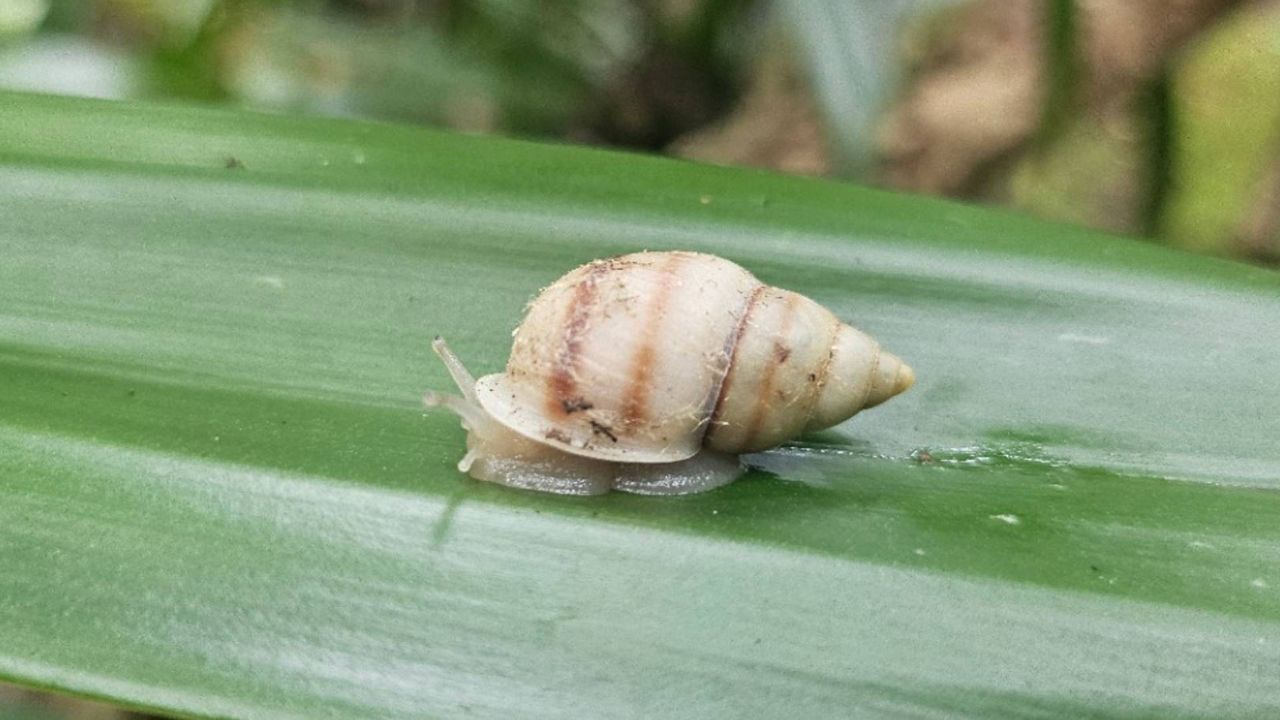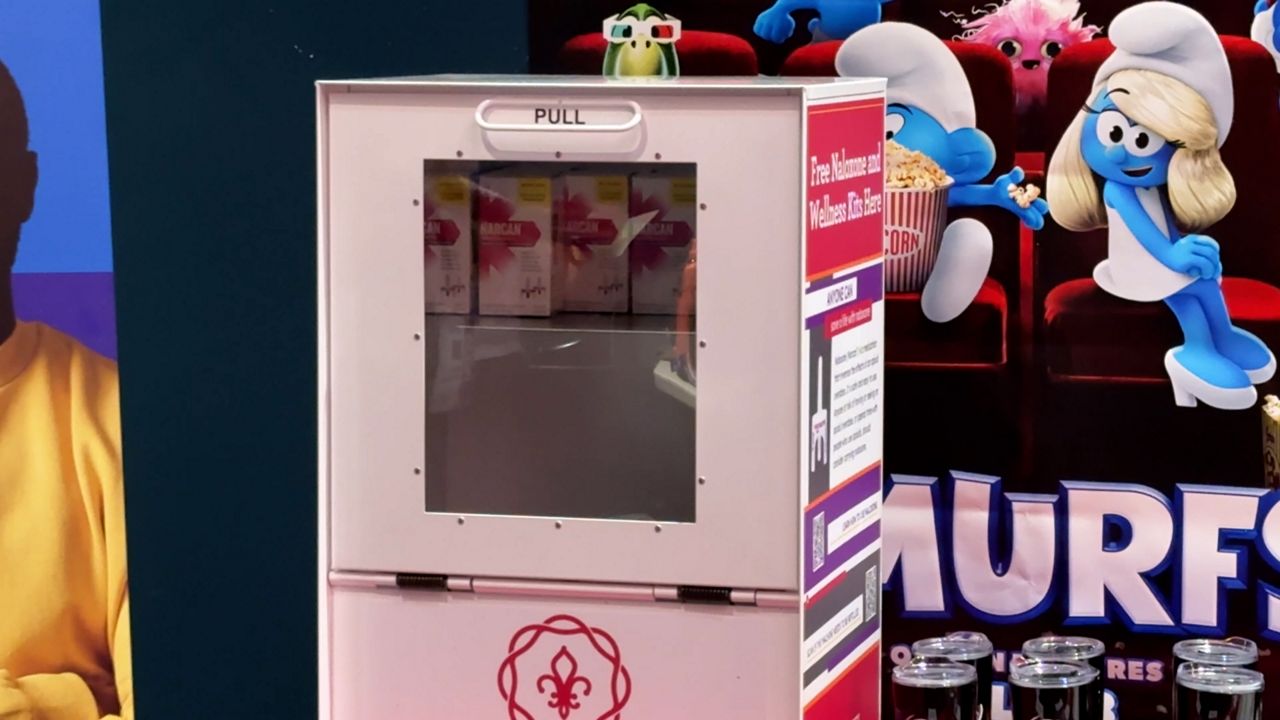ST. LOUIS – Saint Louis Zoo celebrates the discovery of the first wild-born Partula snail (Partula tohiveana) since the species went extinct in the wild during the 1980s.
In 1990, the Saint Louis Zoo initiated the Partula Species Survival Plan, which manages the Partula snail populations on a national scale. They joined a global effort with European and North American zoos to keep the Partula snails from becoming fully extinct. The Zoo has provided staff funding, field survey equipment, the construction and monitoring of predator exclusion reserves, and helped reintroduce Partula snails since 2015.
In early September, Saint Louis Zoo Invertebrate Keeper Anthony Oliveira went to Tahiti to transition the snails from zoo-life to wild-life. He helped care for, release and monitor the snails in their new habitat. Saint Louis Zoo has been a hub for natural habitat reintroduction of Partula snails, which is led by the Zoological Society of London.
Saint Louis Zoo facilitated the shipment of more than 3,200 Partula nodosa, a species of Partula snails, from U.S. zoos to Tahiti for the release. Among those, were about 1,000 snails raised at the Saint Louis Zoo.
During the release of 6,000 snails this month, the conservation team found an unmarked Partula snail. The discovery proves natural breeding occurred in the wild from a previous release.
"This discovery is a testament to the importance of zoos in conservation around the world," said Kayla Garcia, Saint Louis Zoo Zoological Manager of Invertebrates. "We have dedicated thousands of staff and volunteer hours over decades to saving these highly endangered snails. We are proud that all our work and the tireless efforts of our collaborators have made this reintroduction into the wild possible."
Wild-bred Partula snails means Partula tohiveana can be considered "established," and conservationists may begin the process of down-listing these snails from ‘extinct-in-the-wild’ to ‘critically endangered’ on the IUCN’s Red list.
The zoo says “few species completely extinct in the wild have ever been successfully reintroduced.”
Partula snail population in the French Polynesian islands dwindled quickly in the 1970s because of predatory rosy wolf snails (Euglandina rosea) who were introduced as a form of biological control. In the 1980s, the lack of Partula snails was noticed leading to the zoo’s intervention of the snail
‘Partula snails are tiny but ecologically important’ the zoo stated in a press release. Zoos have worked to reintroduce the zoo-born snails to their native island homes in French Polynesia and now can smile at their success.











